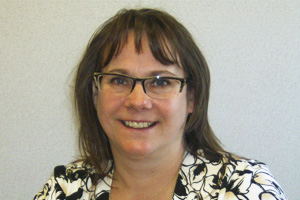UOIT professor’s research aims to tackle right-wing extremism
April 15, 2013

Dr. Barbara Perry, Professor and Associate Dean, Faculty of Social Science and Humanities has received $77,305 of funding from Public Safety Canada for a project aimed at tackling right-wing extremism in Canada. The funding is part of the Kanishka Project Contribution Program, a federal government funded multi-year investment in terrorism-focused research totaling more than $700,000.
“I am very excited about this project and look forward to delving deeper into this important issue,” said Dr. Perry. “We have tended to focus our attention on a narrow definition of extremism, ignoring such groups as white supremacists, for example. This study aims to gauge the severity of related violence and how often it occurs. Additionally, it intends to pinpoint the factors that might lead to violence.”
As the lead investigator, Dr. Perry’s research will consist of interviews with law enforcement and intelligence officers, community organizers and members of right-wing extremist groups. The goal is to identify those groups that plan, engage in or incite violence in Canada. Ultimately, the hope is to inform policy and law enforcement practice.
About the Kanishka Project:
The Kanishka Project Contribution Program is a multi-year investment in terrorism-focused research funded by the Government of Canada. Its primary focus is on research, but it also supports other activities necessary to build knowledge and create a vibrant network of researchers and students that spans disciplines and universities. Through this project, the government is funding policy-relevant projects that will help to better understand terrorism in the Canadian context, how that is changing over time, and how policies and programs can best counter terrorism and violent extremism in Canada.



